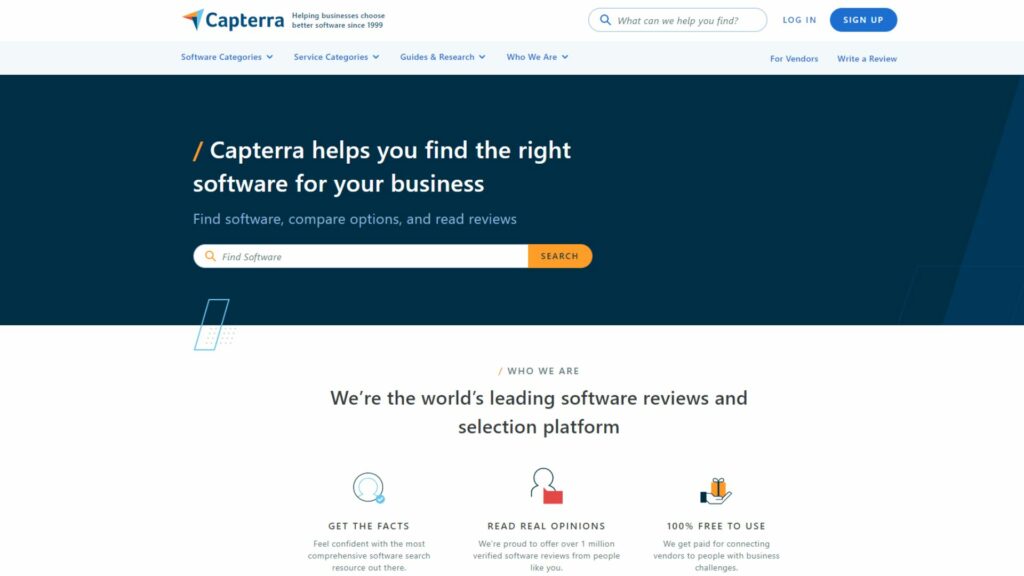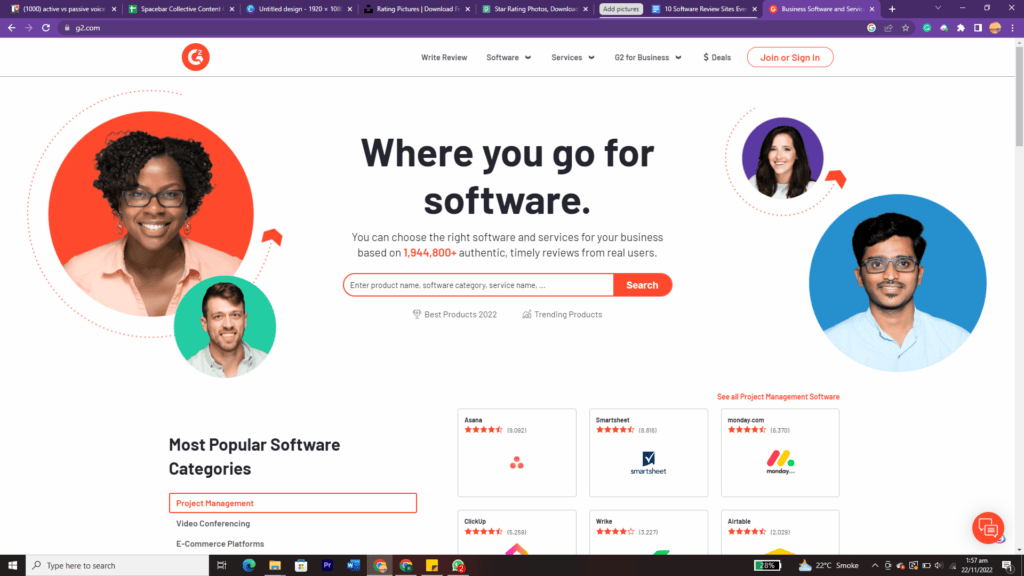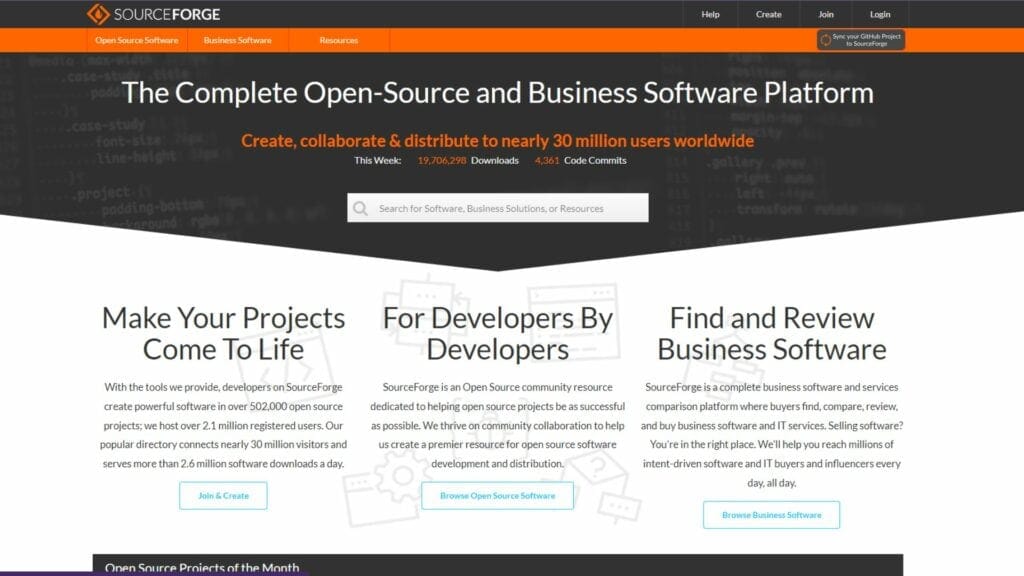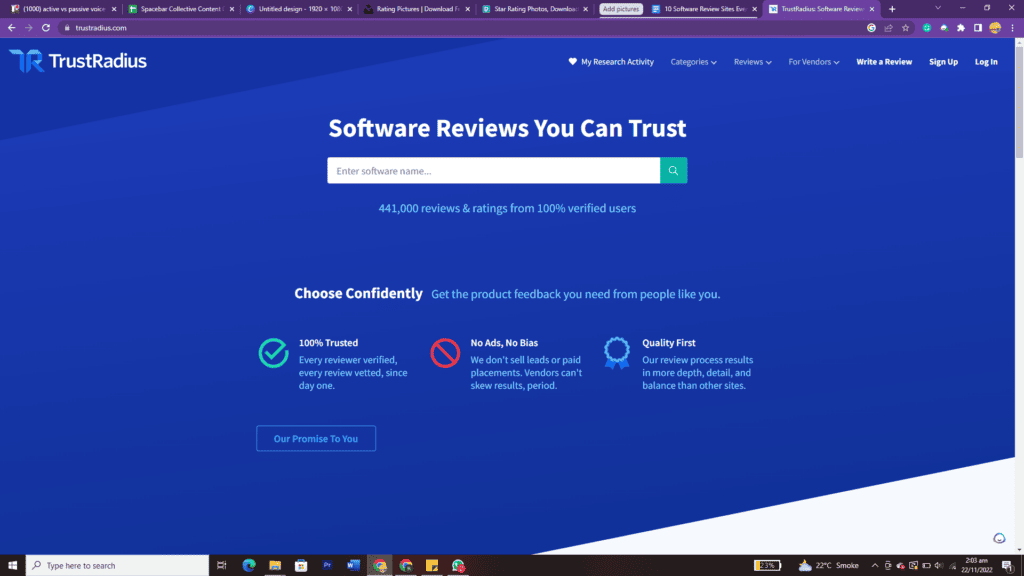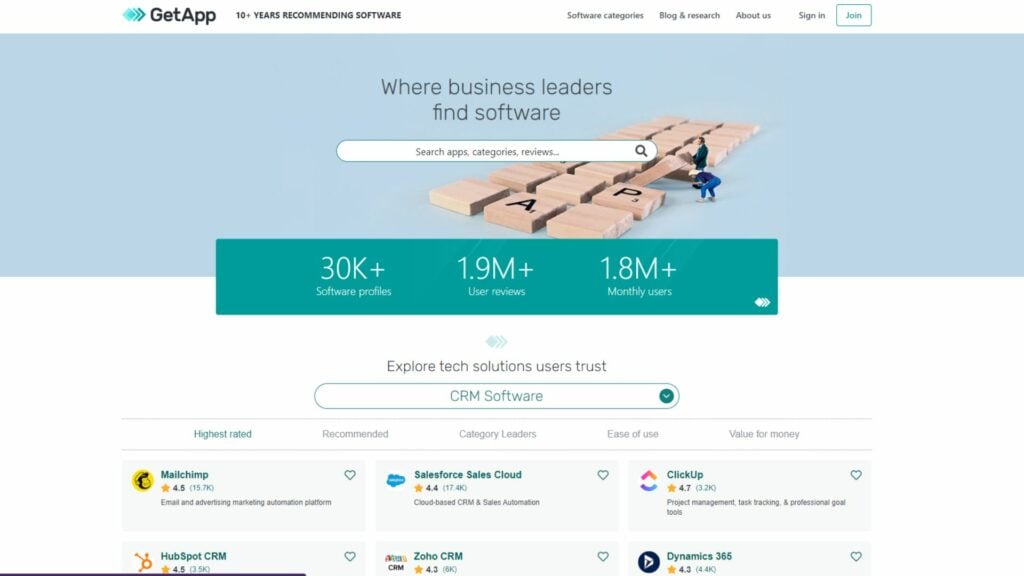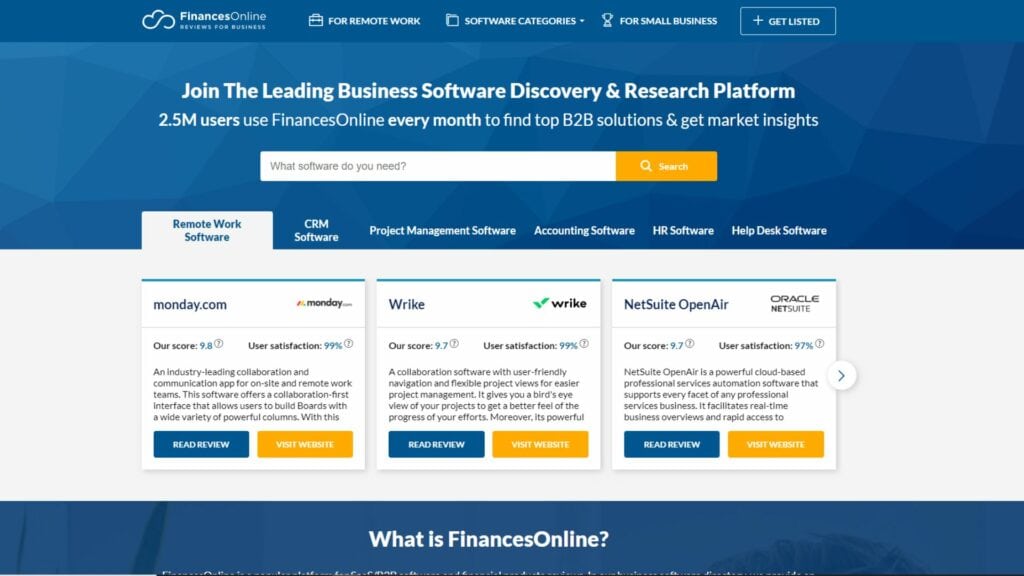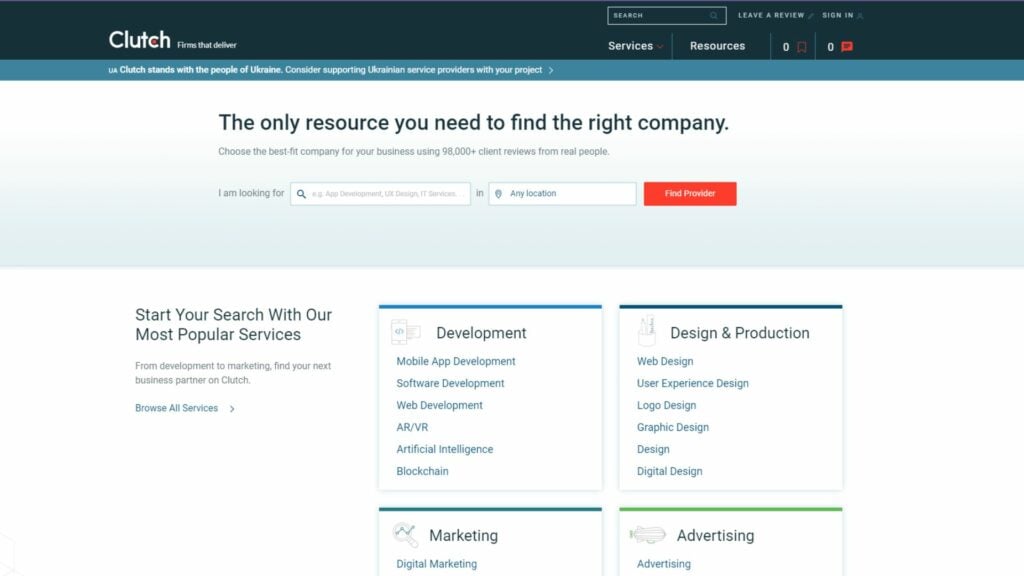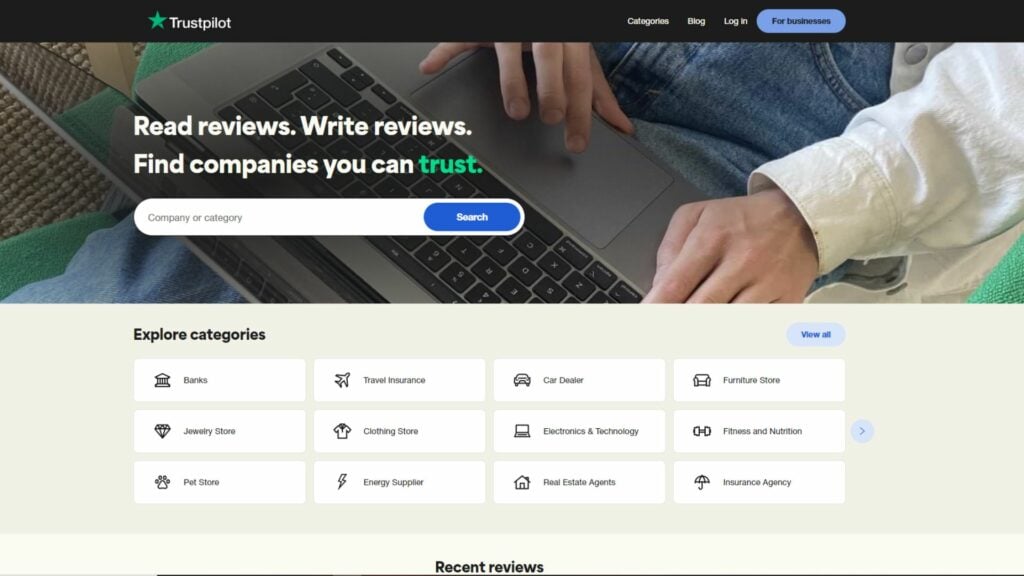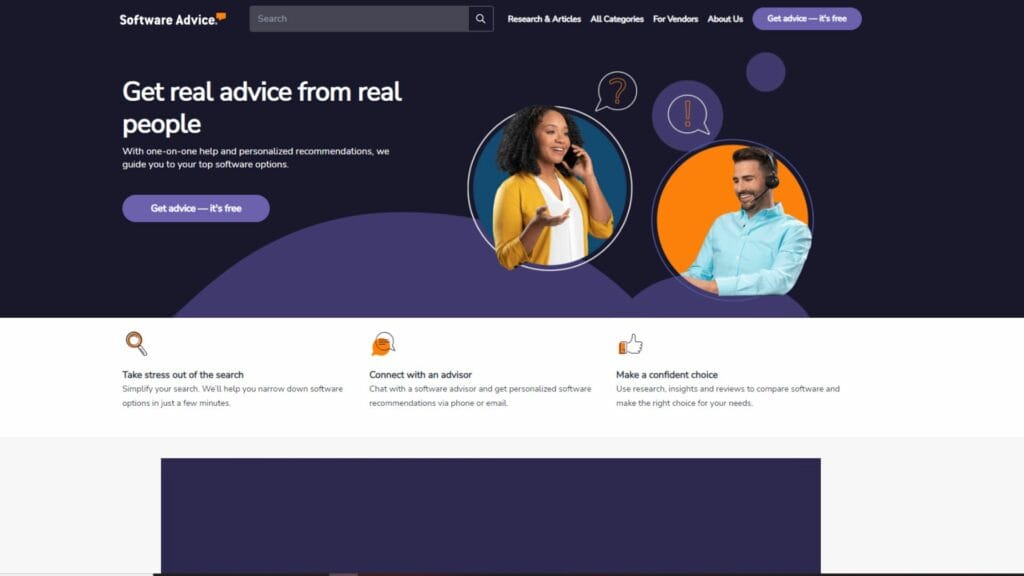Most startups go through various funding stages as they grow and try to become successful. Each startup funding stage has different requirements, conditions, and maximum amount of investment. It can be difficult to understand the differences between these stages and what each entails.
This article will break down the different startup funding stages and explain what happens at each one. By understanding the various funding stages, you’ll be able to make better decisions about your business and its future.
Six Different Sources for Startup Funding
Getting investors to fund your startup can be challenging. Everyone has different ideas, and only a few people will risk their money into a new business. Below, we discuss different sources from where you can get your startup funding.
Friends and Family
Friends and family are often the most accessible source of startup funding. This type of funding can be informal or structured. Informal loans, such as a loan from a family member without any paperwork, do not need to be paid back immediately but still should have an agreed-upon repayment plan to avoid any hard feelings.
Structured loans involve paperwork and may come with a timeline for repayment. This can be beneficial as it provides legal protection in a disagreement between the lender and the borrower.
Regardless of your choice, it’s important to remember that borrowing money from friends or family is a serious commitment and should not be taken lightly. Mishandling can ruin relationships.
Angel Investors
Angel investors are also a great resource for startup funding. They are typically individuals with disposable income who provide capital and business expertise to entrepreneurs in exchange for an equity stake in the company. These investors have typically experienced businesspeople and take on a more active role in the venture’s success than other investors, such as venture capitalists or private equity firms.
Angel investors come with a wide range of benefits, such as providing mentorship and advice, giving companies access to valuable networks and connections, and sharing industry knowledge and expertise. These investors can be great resources for early-stage startups as they provide the necessary capital to move forward with their business plans.
A common example of an angel investor comes from the popular reality TV show “Shark Tank,” where the sharks listen to startup ideas to decide whether they want to become an angel investor for them.
If you’re raising funds, consider platforms like AngelList to seek angel investors for your startup.
Additionally, exploring services like Angels Partners could significantly enhance your ability to find startup investors. This platform is specifically designed to connect startups with a broad network of angel investors, streamlining the fundraising process and offering a dedicated space for entrepreneurs and investors to meet.
Venture Capital
Venture capital (VC) is an important source of funding for startups. It involves a specialized type of investment that provides financing to young companies with high growth potential. VCs typically invest in exchange for equity or ownership, allowing them to benefit from the success of their investments. The venture capitalist’s goal is to help the startup reach its full potential and generate returns for their investments. For startups, it can be the difference between success and failure.
Venture capitalists often have extensive knowledge of the industry they are investing in and many years of experience to draw upon.
Crowdfunding
Crowdfunding is raising money by collecting small amounts from many people (the “crowd”). It’s an effective way for startups to get the funding they need without relying on traditional sources like venture capitalists or banks.
The crowdfunding process typically involves a startup creating a profile on a crowdfunding platform, setting funding goals and deadlines, and asking for donations from the public. The startup then shares this profile with as many people as possible to get the word out and generate interest in their project. The startup will reach its goal if enough people donate money within the allotted time frame.
Crowdfunding is gaining traction as a viable alternative to more traditional methods of startup funding. It allows entrepreneurs to secure financing without giving away equity or taking on debt. It can even serve as a way to validate a product’s market potential by gauging public interest.
Debt Financing
Debt financing can be a great way to help fund your startup venture, particularly if you have a strong credit history. It involves taking out a loan with a bank or other financial institution in exchange for repayment of the principal and interest over time. Unlike equity financing, debt financing does not require relinquishing any business owner and allows you to remain in full control.
Repayment of the loan can be structured to fit the current needs of your business and won’t dilute any existing equity ownership. Debt financing also typically provides a greater return in terms of ROI than equity financing, which is why it is often seen as an attractive option.
Grant Funding
Grant funding could be an option worth exploring if you look for another way for startup funding. Grants are typically awarded by the government or other organizations and can cover various expenses such as research and development costs, training programs, etc.
Applying for a grant may take longer than traditional forms of financing since they often have strict guidelines and criteria to be eligible. But, if you can meet the requirements, grant funding could help get your business off the ground.
Various grants are available depending on your field, so it’s important to do your research and see which one might be right for you. Grants are often non-repayable and don’t come with the same interest rates as a loan may require, so you won’t have to worry about taking on extra debt.
Startup Funding Stages: From Pre-Seed to IPO
Earlier, startups had a little window to raise funds. Now, startups can evaluate their standing in the market and prepare funding strategies accordingly. Below, we discuss the startup stages every entrepreneur should know to raise maximum funds for their business.
Pre-Seed Funding
Pre-seed funding is the earliest stage of startup financing. It typically involves angel investors and venture capitalists investing amounts ranging from $25,000 to $500,000 in exchange for equity in the company. This round of funding serves as a bridge between founders’ funds (friends & family) and the next round of seed or Series A funding.
With pre-seed funding, startups can hire a team and develop an MVP to demonstrate the product’s potential and attract future investment rounds. Pre-seed is also known as “pre-angel” or “pre-VC” financing, which shows how early it is in a company’s life cycle.
Seed Funding
Seed Funding is the second stage of startup funding. This round of financing helps to finance the early stages of product development and marketing, as well as help a startup reach its first customers. Seed funding provides startups with enough capital to start operations and develop a solid foundation for future growth. It can also bring in additional talent or secure strategic partnerships.
The amount of money raised in seed funding can range from a few thousand dollars to several million, and the financing usually comes from angel investors or venture capitalists.
By getting seed funding, startups can benefit from experienced guidance to help them navigate the business world and achieve their growth objectives. Businesses with a value of between three to six million dollars are eligible for seed funding.
Series A Funding
Series A funding is the third stage of startup financing. This round of funding helps startups take their products and services to market, build a customer base, and scale operations for higher profitability.
During this stage, investors seek evidence that the business will be successful and generate healthy returns on investment. The amount raised in Series A rounds is typically between three to twenty million dollars.
Investors at this stage are usually venture capitalists and established angel networks that want to be more involved in the business’s development. This can include providing access to resources such as mentors, advisors, and industry contacts.
Startups with series A funding are a great fit for SEO services because at this stage, you have enough resources to invest into a strong content velocity and backlink velocity. SaaS SEO is a powerful driver of signups, where buyer intent is often higher than other channels like social media.
Series B Funding
Series B funding is the fourth stage of startup financing. This financing round helps businesses expand their operations, increase revenue, and develop new products or services. The amount raised at this stage is usually higher than in earlier rounds since investors are looking for a greater return on their investment. Usually, Series B funding rounds can range up to $30 million.
At this stage, investors look for evidence that the business is on track to achieve success and generate long-term returns. These investors are typically venture capitalists or established private equity firms who want to be more involved in the company’s strategy.
Series C Funding
Series C funding is the fifth stage of startup financing. This round of financing helps businesses expand operations, increase revenue and develop new products or services. The amount raised at this stage is significantly higher than earlier rounds since investors are looking for a greater return on their investment. Usually, Series C funding rounds can range up to $100 million.
IPO
The final stage of startup financing is the Initial Public Offering (IPO). During an IPO, a private company’s stock is offered to the public, and investors can purchase shares in the business. This round of funding provides a significant amount of capital for companies and helps them achieve growth objectives.
For successful IPOs, startups need to demonstrate their potential for future growth and profitability and have a proven track record of success. Companies should also have a large customer base and generate sufficient revenue to make an IPO successful.
An IPO is the most lucrative form of financing, but it is also the most challenging and time-consuming. It requires a lot of preparation and planning, as well as the support of top-tier investment banks.
IPOs can provide a significant amount of capital for companies and help them achieve their growth objectives. With this funding, startups can use the money to expand into new markets, acquire other businesses or develop new products and services.
Key Takeaways
Understanding startup funding stages is important for entrepreneurs to know where the business stands and how much funding they can seek for growth and success. Here is what we learned from this article:
- There are six different startup funding sources: friends and family, angel investors, venture capital, crowdfunding, debt financing, and grant funding.
- The six stages of startup financing are pre-seed, seed, series A, series B, series C, and IPO funding.
- Seed funding is for businesses worth three to six million dollars.
- Series A funding is for businesses worth three to twenty million dollars.
- Series B funding is for businesses worth ten to thirty million dollars.
- Series C funding is for businesses worth thirty to one hundred million dollars.
- The final stage of startup financing is the Initial Public Offering (IPO).
